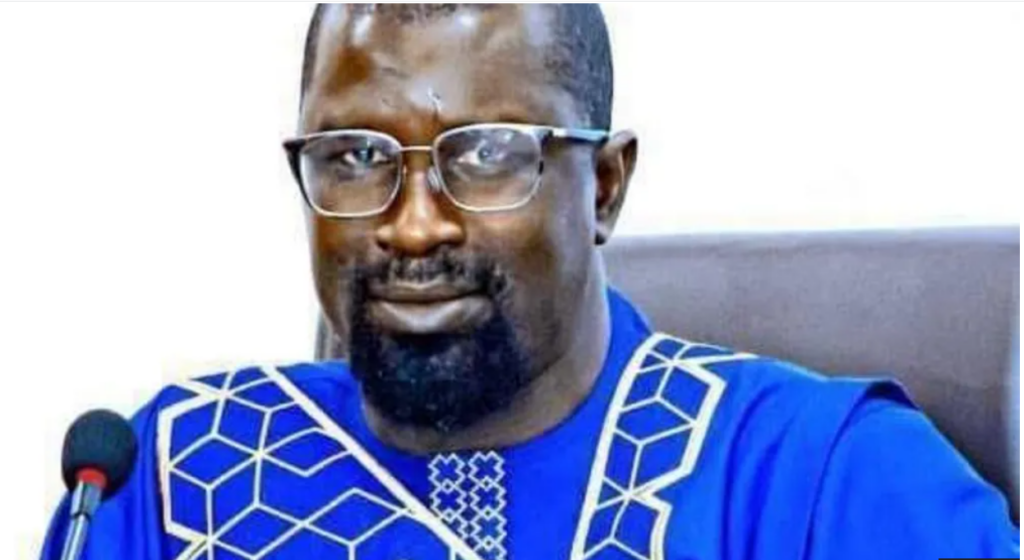The Gambia’s auditor general, Momodou Ceesay, was forcibly removed from his office after refusing a government reshuffle by President Adama Barrow.
Plain-clothes police were sent to Ceesay’s office on Monday to arrest him and install his successor, Cherno Amadou Sowe. The move followed Barrow’s offer for Ceesay to become trade minister, which he declined. The president, however, says Ceesay initially accepted the role but later changed his mind.
Ceesay has been auditor general for almost three years. Critics argue that Barrow’s attempt to replace him could be a move to appoint someone more compliant, potentially shielding officials from corruption allegations.
The removal sparked tense scenes at the National Audit Office. Ceesay’s staff confronted the police, delaying the forced exit. The standoff was broadcast live on social media. Back-up forces eventually arrived, and Ceesay was escorted from a press conference to his lawyer’s office.
The incident triggered a strong reaction from young Gambians. Many took to social media demanding his reinstatement and threatened protests in Banjul until the government reversed its decision. Activist Kemo Fatty asked, “He refused your appointment. Now you forcibly remove him? Are the Gambian people not watching?”
The controversy comes amid wider scrutiny of Barrow’s government. A local newspaper, The Republic, reported that assets belonging to former President Yahya Jammeh were distributed among Barrow’s close aides—a claim the president denies.
In response, Barrow’s office said it remains committed to “the rule of law, transparency, accountability, and responsible management of public finances.” The statement emphasized that Ceesay’s appointment as trade minister was based on qualifications, not intended to interfere with the National Audit Office.
The situation has raised questions about governance and institutional independence in The Gambia. Citizens and activists continue to monitor developments closely, calling for transparency and protection of key state positions.

